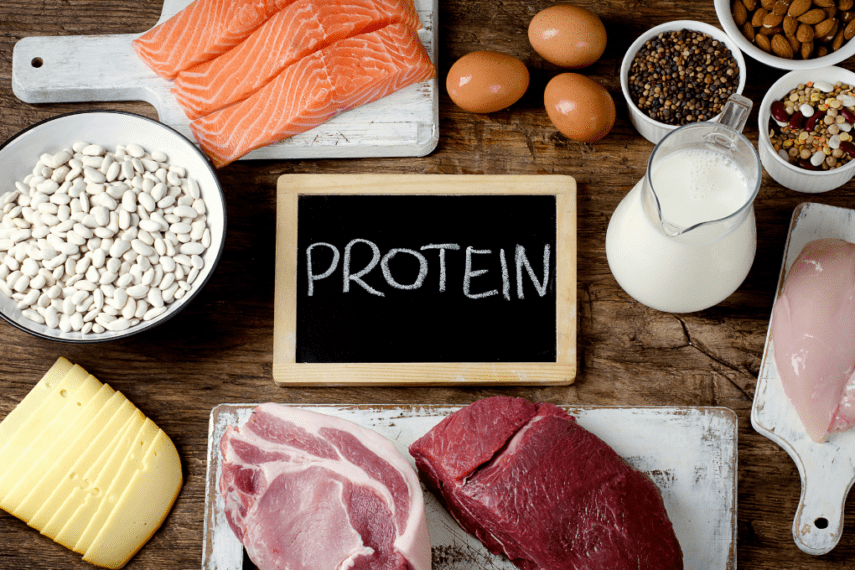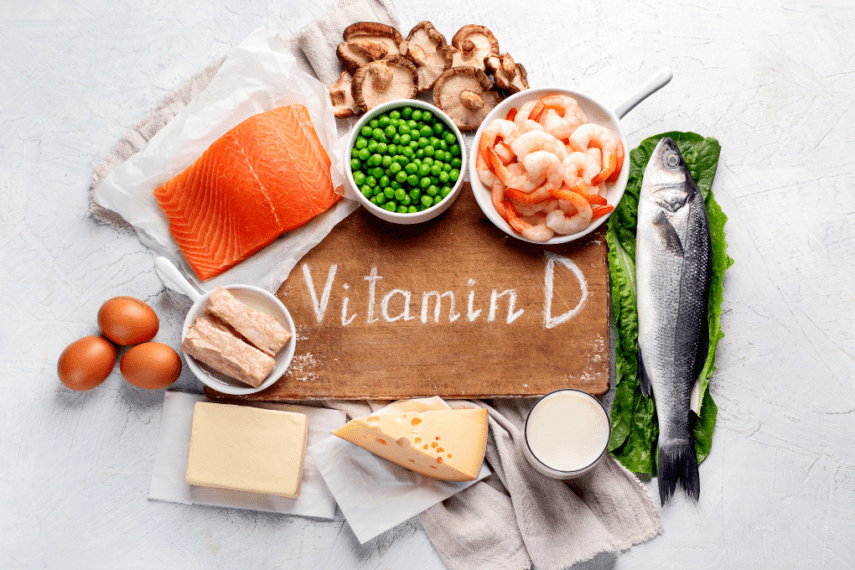Related FAQs
Pre-workout nutrition is important to prepare the body for working hard and energy expenditure. Carbohydrates provide fuel for exercise and are the main source of energy for muscles. Throughout the day, focus on a varied diet filled with whole grains, fruit, vegetables, and dairy. Include high-quality protein at each meal to help repair and build muscles. As you get closer to your workout, focus on foods low in fat and fiber to avoid stomach upset.
During exercise, focus on replacing fluids, electrolytes, and carbohydrates as needed. Based on the duration of the activity, recommendations will change. Make sure to always have water and fuel on hand.
Dairy is a great choice for exercise recovery. The carbohydrates in milk refuel muscles and replenish energy stores while the high-quality protein repairs and rebuilds muscles. Milk also replaces electrolytes lost in sweat. Learn more about hydration and recovery here.
When refueling after a run, your goal is to replenish glycogen stores with carbohydrates and rebuild muscle with protein. Chocolate milk contains an ideal 3:1 ratio of carbohydrates to protein for this purpose. A study found that runners who consumed fat-free chocolate milk after a strenuous run, “ran 23% longer and had a 38% increase in markers of muscle building compared to when they drank a carbohydrate-only sports beverage with the same number of calories.” Chocolate milk also replenishes electrolytes which are important for runners to prevent muscle fatigue and cramping.
Milk packs in 13 essential nutrients in every serving, including, protein, zinc, selenium, vitamin A, and vitamin D, which contribute to healthy immune function. Milk’s nutrient package make it an affordable and accessible source of fuel for an athlete.
Whey protein is a high-quality protein naturally found in dairy. It is a complete protein containing all of the essential amino acids (“building blocks”) your body needs and is easy to digest. Whey protein is also one of the best sources of branched-chain amino acids (BCAA) including leucine, which has been shown to stimulate muscle synthesis.
Whey is a fast-acting protein that can be absorbed into the bloodstream and arrive at the muscles very quickly. Whey is fast fuel for the muscles. Research shows that whey can help build and repair muscle after workouts.
Throughout the day, athletes should focus on a varied diet filled with whole grains, fruit, vegetables, and dairy. They should include high-quality protein from animal-sourced foods like dairy at each meal to help repair and build muscles.
The Dietary Guidelines for Americans recommends three low-fat or fat-free dairy servings in the Healthy U.S. and Healthy Vegetarian patterns, and two to two and a half servings in the Healthy Mediterranean for adults, and three servings for those 9 to 18 years of age.

 Vitamin D aids in the absorption of calcium, helping to prevent osteoporosis and stress fractures. It’s also needed for muscle, nerve, and immune health.
Vitamin D aids in the absorption of calcium, helping to prevent osteoporosis and stress fractures. It’s also needed for muscle, nerve, and immune health.


